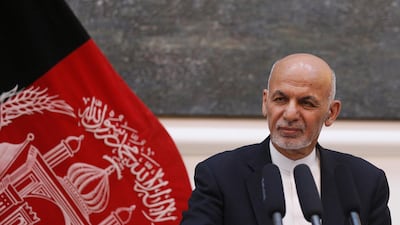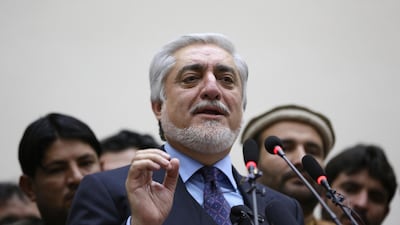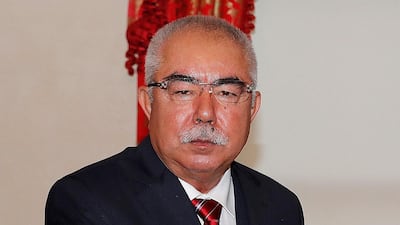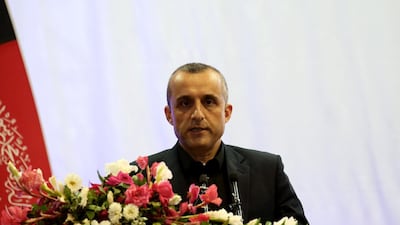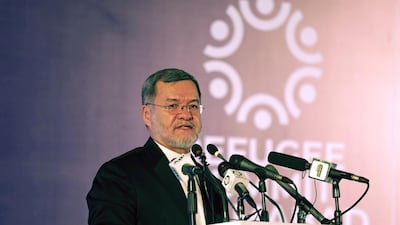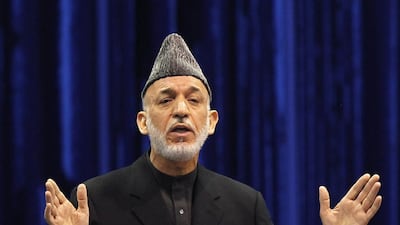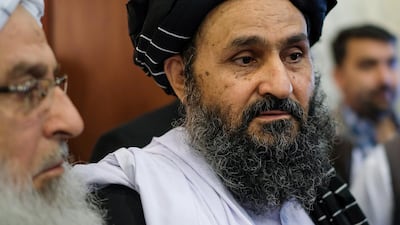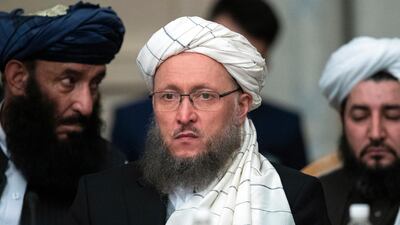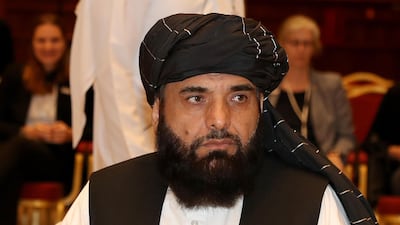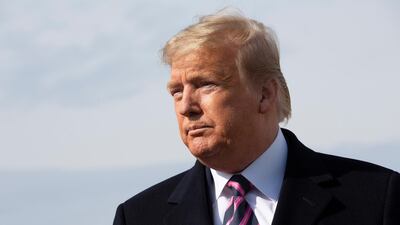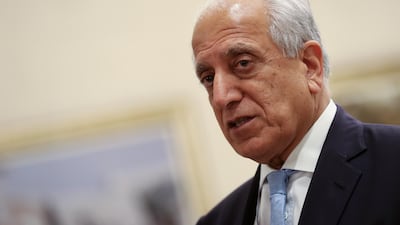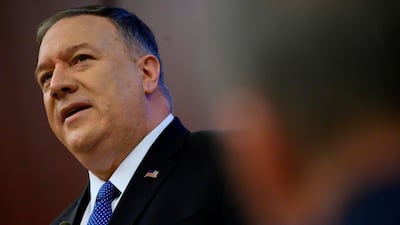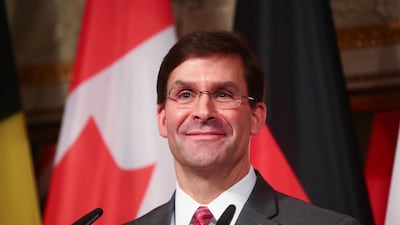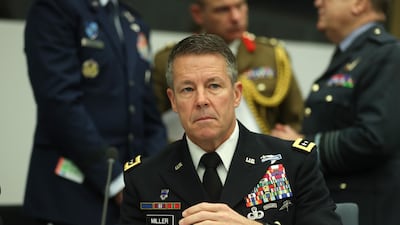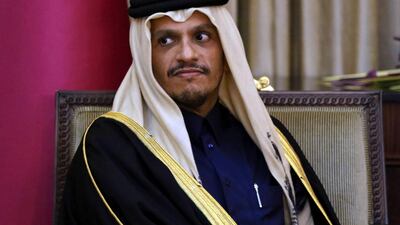US Secretary of State Mike Pompeo will witness the signing of an agreement on a withdrawal of American troops from Afghanistan, President Donald Trump said on Friday, heralding an agreement that could help his re-election campaign.
The one-week period for a reduction of violence in Afghanistan comes to an end this Saturday and will likely pave the way for an initial agreement between the Trump administration and the Taliban.
US officials are hailing a relative calm in the 19-year-old war over the past week, and see it as an opportunity for diplomatic breakthrough with the Taliban.
The extremist group that was in control of Afghanistan when the US invaded to overthrow it in 2001, is now America’s negotiating partner in an attempt to exit the war.
“In 19 years of war, this is the first week-long break in violence by all sides,” Mr Pompeo said from the State Department this week.
While the initial plan was to sign the agreement on Saturday, Mr Pompeo has hinted that the deadline may be pushed back by few days. "If it's successful, we will sign the US-Taliban agreement coordinated with the Government of National Unity on or about February 29th."
The general framework of the agreement has been made public but lot of its content remains secret. According to the State Department, the agreement will include a timeline for both a conditions-based and phased US troop withdrawal, and for the commencement of intra-Afghan negotiations.
But the extent of the American withdrawal remains in question. While the US Defence Department confirmed that Washington would draw down its troops from the current 12,000 to 8,600 “over time,” the Taliban is expecting a full withdrawal of American forces from the country.
However, the US is conditioning any withdrawal on the Taliban respecting the agreement, “specifically regarding their promises of severing ties with terrorists” such as Al Qaeda and ISIS, Mr Pompeo said.
Al Qaeda was in a power-sharing deal with the Taliban in 2001, which helped it plan the terrorist attack of 9/11 on the US. “We’re not required to leave unless they can demonstrate they are fulfilling every element of their end of the bargain,” Mr Pompeo said.
On Wednesday, the Taliban denied responsibility for an explosion near the attorney general's office in the capital Kabul, accusing "intelligence circles" of being behind the attack in an attempt to sow "distrust."
Kamran Bokhari, the director of analytical development at the Centre for Global Policy, said the Taliban is expecting a deal.
"That the deputy leader of the Taliban authored an opinion piece in the New York Times, suggests that the deal will be signed," Mr Bokhari told The National.
In the article published on February 20, Sirajuddin Haqqani, the deputy Taliban leader declares “we are about to sign an agreement with the United States and we are fully committed to carrying out its every single provision, in letter and spirit.”
Haqqani, whose organisation is responsible for hundreds of attacks against US troops as well as Afghan military and civilians, voiced readiness “to work on the basis of mutual respect with our international partners on long-term peace-building and reconstruction.”
But Mr Bokhari was not convinced that the deal will achieve permanent peace, and saw it more as a mechanism for security. “The agreement will allow the US to setup a new mechanism for security in a way that shifts responsibility to the Taliban,” he said.
The responsibility is to make sure “that transnational jihadists do not use the country as a springboard for international attacks.” In return, he argued, “the US is recognising the Afghan jihadist group as a legitimate political actor.”
The agreement - if signed - follows 18 months of talks between the US and Taliban in Qatar, and would fulfil a long desire by Donald Trump to withdraw from Afghanistan. It’s a campaign pledge he made in 2016, and a deal with the militant group will allow him to start fulfilling it in 2020.
The vagueness and secrecy clouding the agreement are creating unease in Congress where 22 Republicans signed a letter on Thursday voicing concern about the deal. The letter seeks assurance from Mr Pompeo that no secret annexes will be included in such an agreement.
__________
Who's who in the US-Taliban peace talks?


